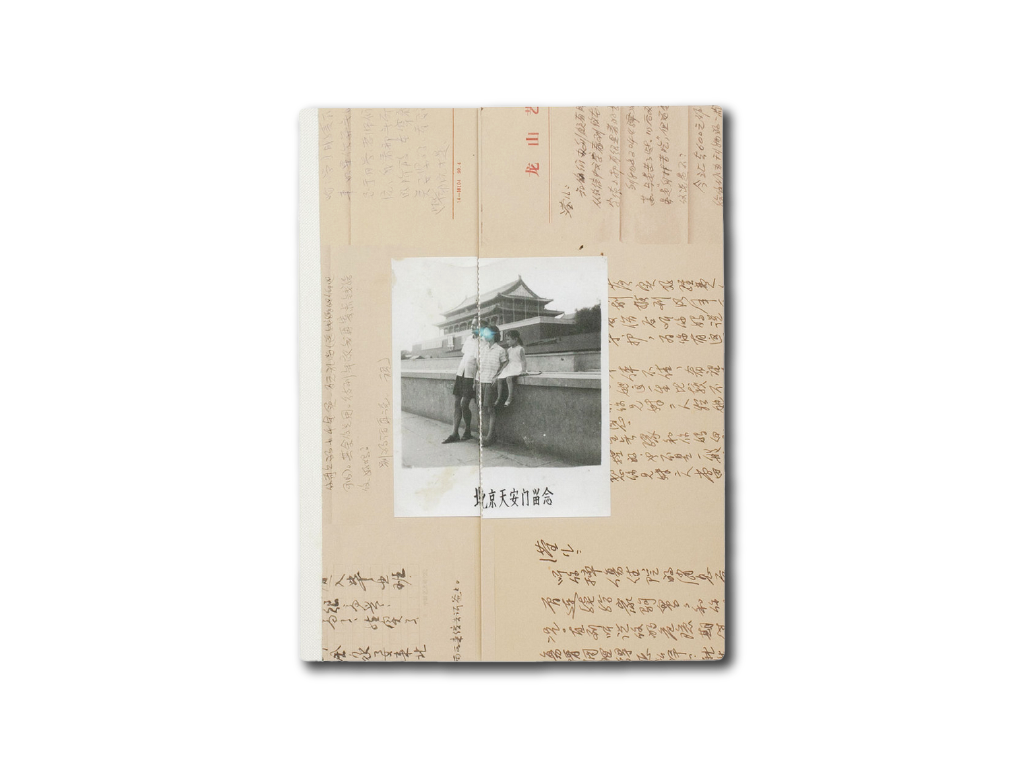








225×170 mm|168頁|ソフトカバー
言語:英語・中国語
Published by Jiazazhi
幼い頃に両親が離婚したため、私にとって父は長い間、赤の他人であった。離婚前の私の家族の印象は、幼い頃のごくわずかな記憶の断片を除いては、母が時々口にした私の出生地、河北省館陶県のものである。
父は1957年、右派として糾弾され、館陶県の王橋村に送られた。17年間そこにいて、その間に母に紹介された。1976年、私は両親の先祖代々の家でもなく、育った場所でもないこの場所で生まれた。文化大革命の後、父は更生して北京に戻り、働くようになり、それ以来、私と母は北京と杭州を行き来するようになった。その後、両親は離婚し、母と弟と私は杭州に残された。私は長年、生まれ故郷の館陶県を訪れていない。家族の崩壊に悩まされながら、私は成長した。父との疎遠は、私の自己同一性を低下させ、私の最大の心理的問題であった。そして2015年、私は自分の生まれ故郷に「帰る」旅を始めた。離散前の家族の糸を見つけようと計画し、写真を使って家族との関係や自己のアイデンティティを明らかにした。さらにこの時期、私は両親の残された数年間を記録し始めた。1980年代初頭に離婚した後、彼らの道は二度と交わることはなかった。私は、離婚による心の傷を癒し、和解するために、両親を子供として見ることをやめ、対等な大人として観察するようにしたのである。
― 汪滢滢(ワン・インイン)
ー
“The cottage where I was born was still ‘breathing’ when I returned for the first year,
a kindergarten when I returned for the second year,
and a retirement home when I returned for the third.”
In 2015, Chinese artist Wang Yingying traveled to Guantao County in the Hebei province in northern China. This is the region where she was born, and where her father spent 17 years in exile. Denounced as a rightist, her father was sent to Guantao where he was later introduced to Wang’s mother. Eventually, her father was rehabilitated and the family moved to Beijing. Then, in the 1980s, Wang’s parents divorced – at a time when divorce was still uncommon in China. She became estranged from her father, came face to face with questions about her self-identity, and did not see her birthplace for many years.
In “Where My Heart Settles Down”, Wang records her journey back to her birthplace. With the help of old photographs, memories, written notes and letters and loose threads, she explores Guantao – a place that feels familiar and foreign – as much as her own identity and her relationship with her family. At the same time, Wang begins to document the last remaining years in the lives of her parents. In unsentimental yet touching photographs, she pierces together her memories and reflects upon her past, all the while keeping the present sharp within her sight.
“Their paths never crossed again after their divorce in the early 1980s. I tried to stop viewing myself as their child and began to observe them as an equal grownup in order to heal the emotional wounds caused by their divorce and to become reconciled.”
― from Wang Yingying’s afterword
